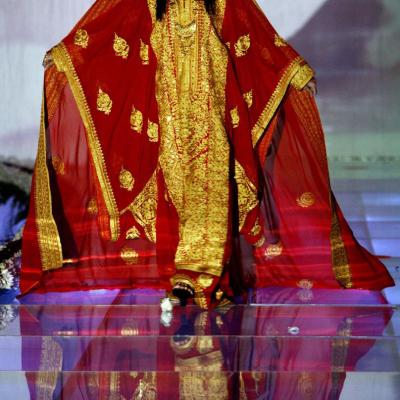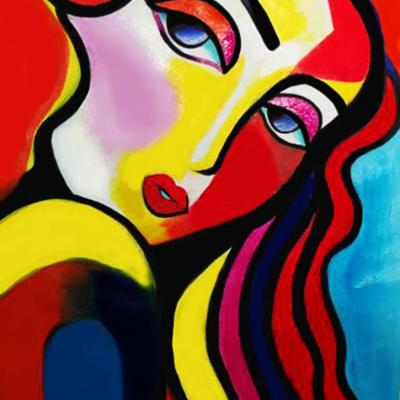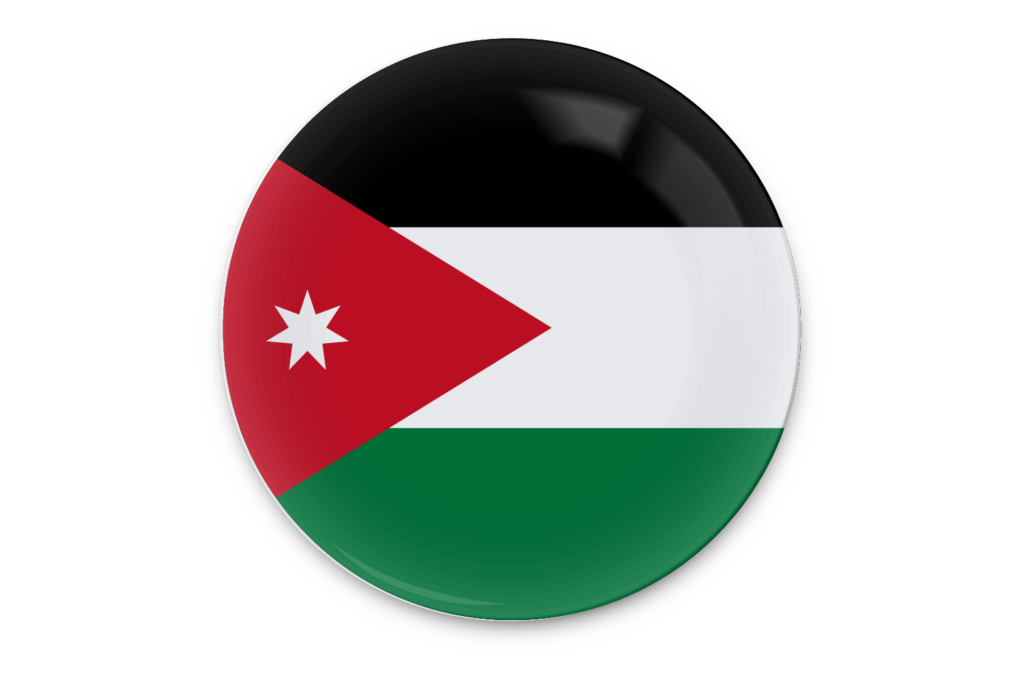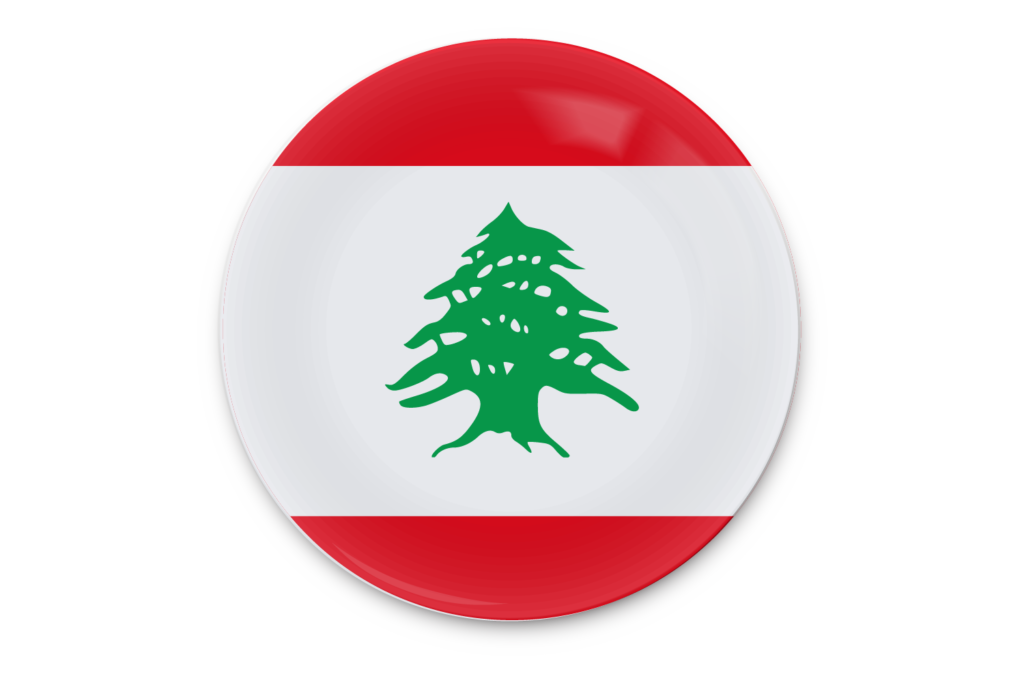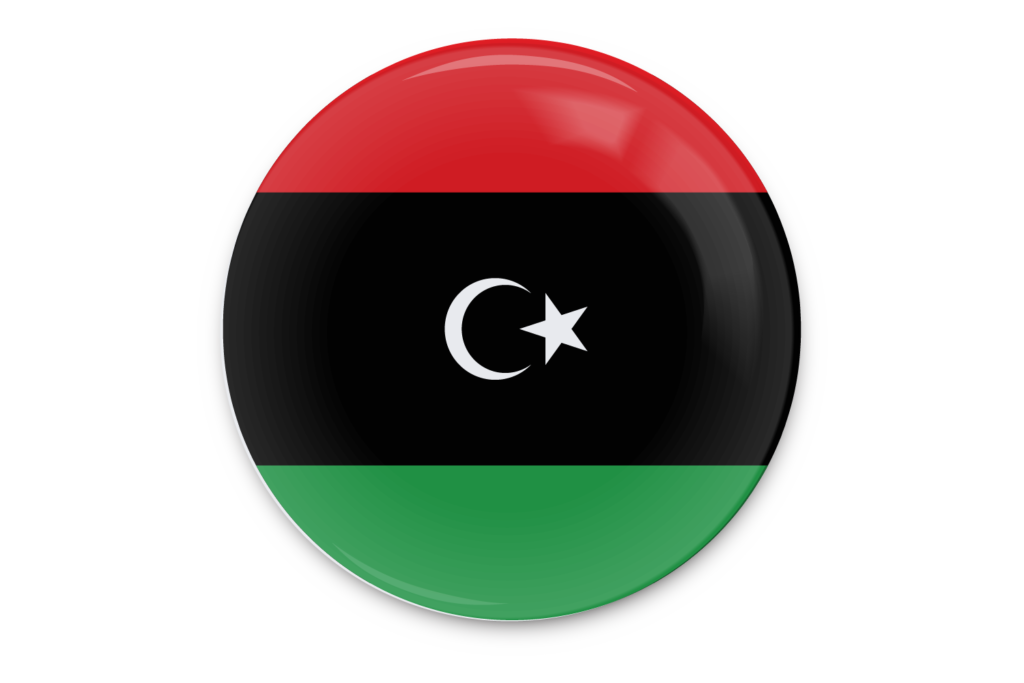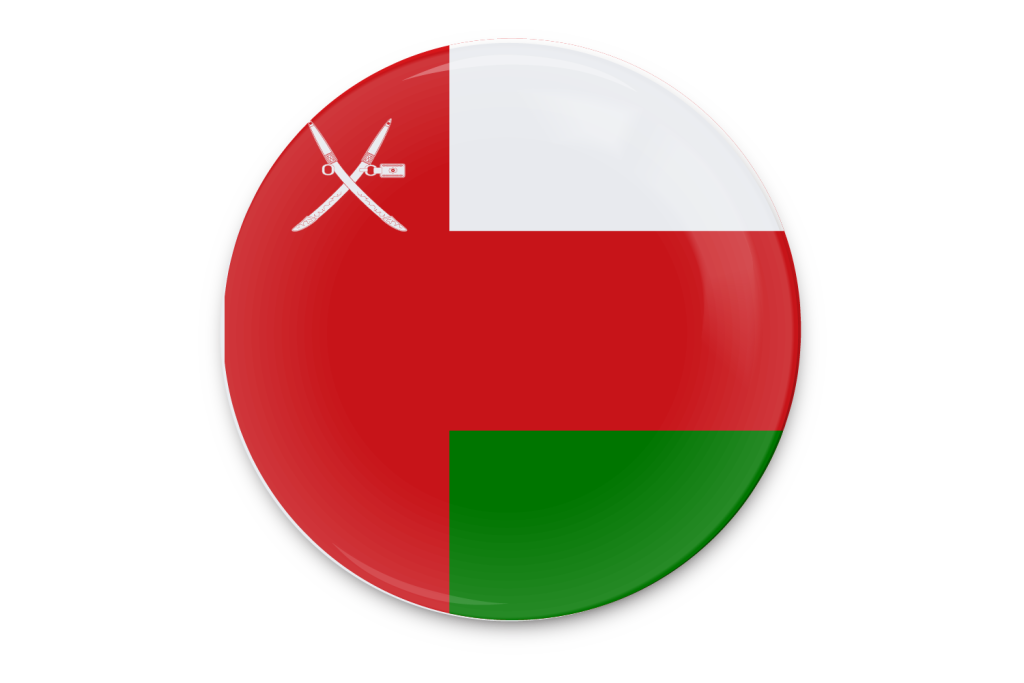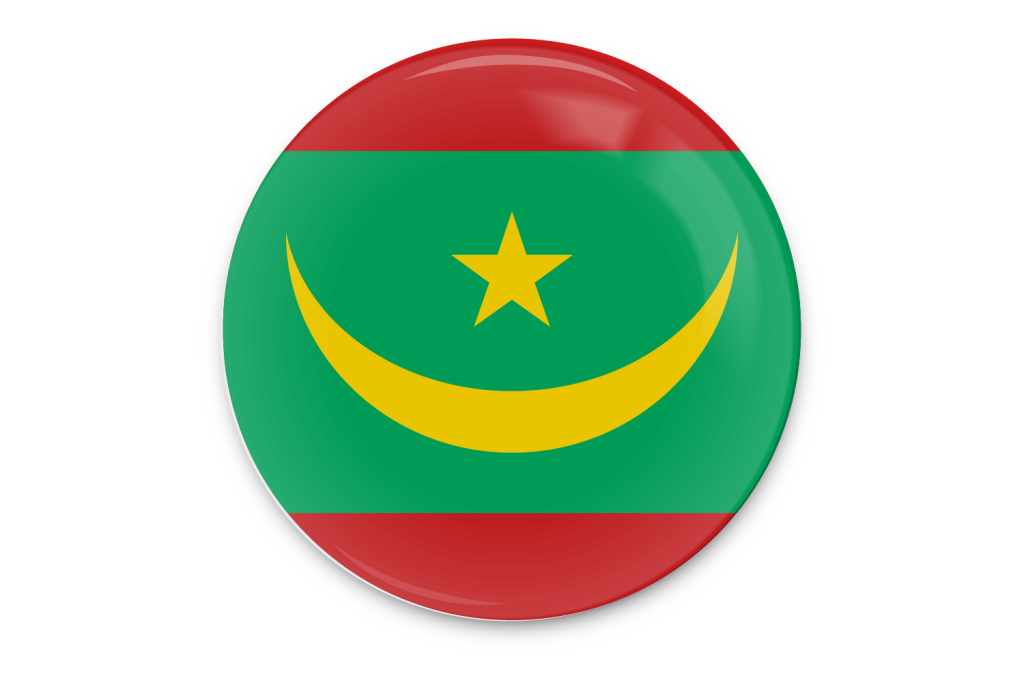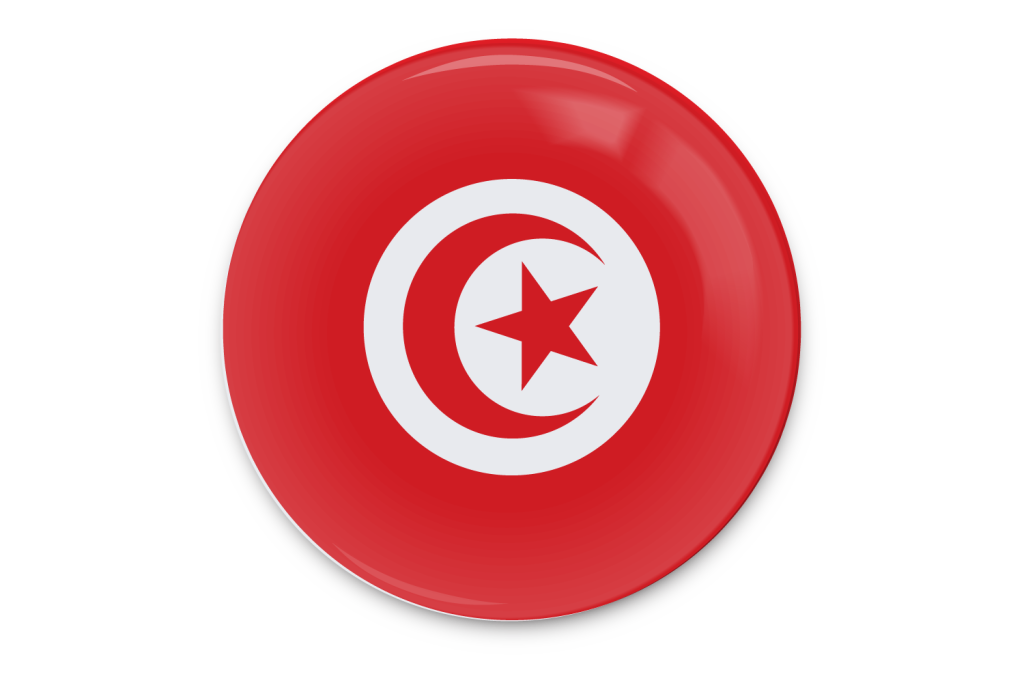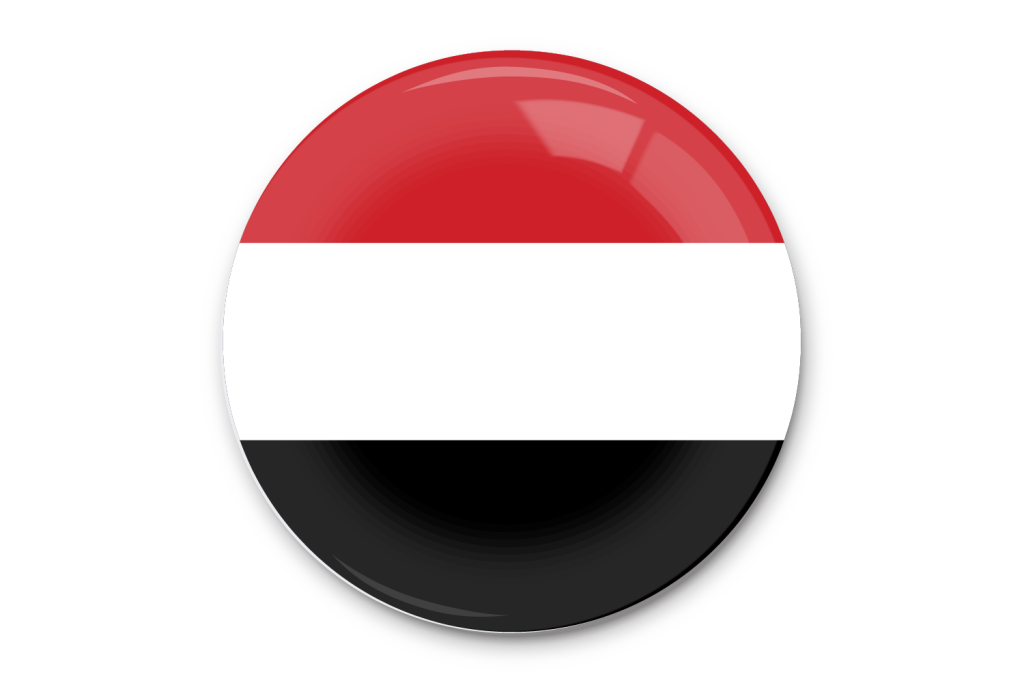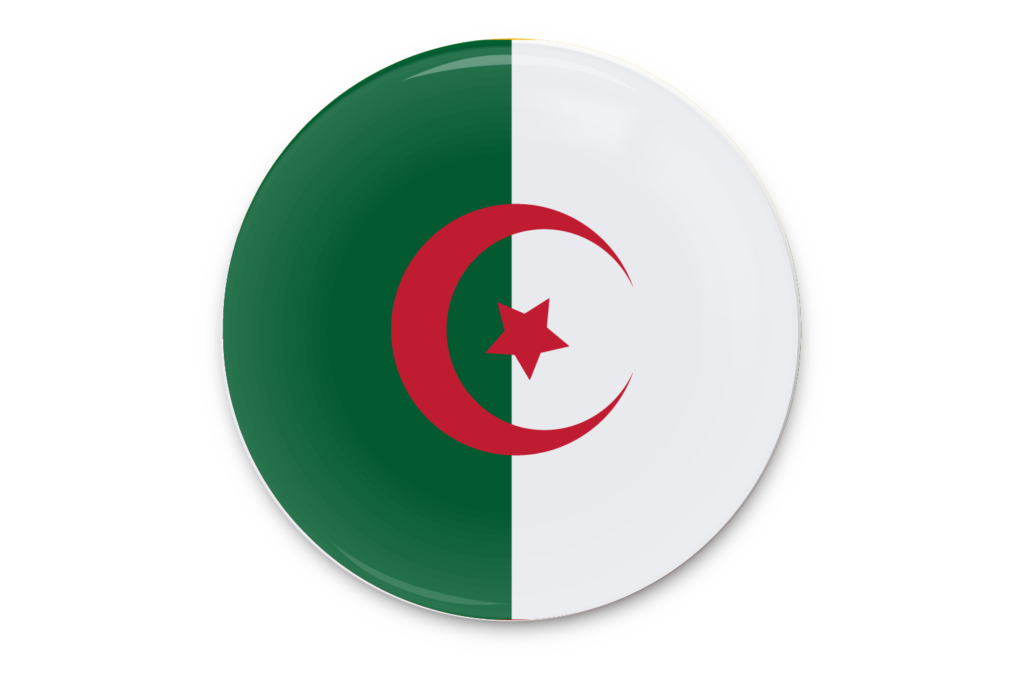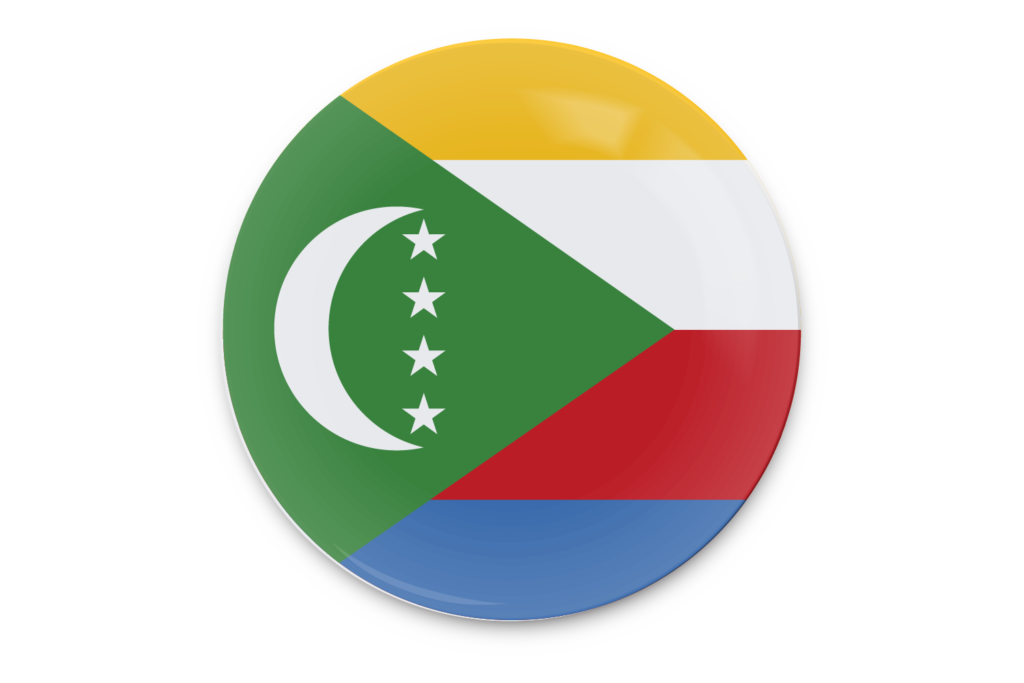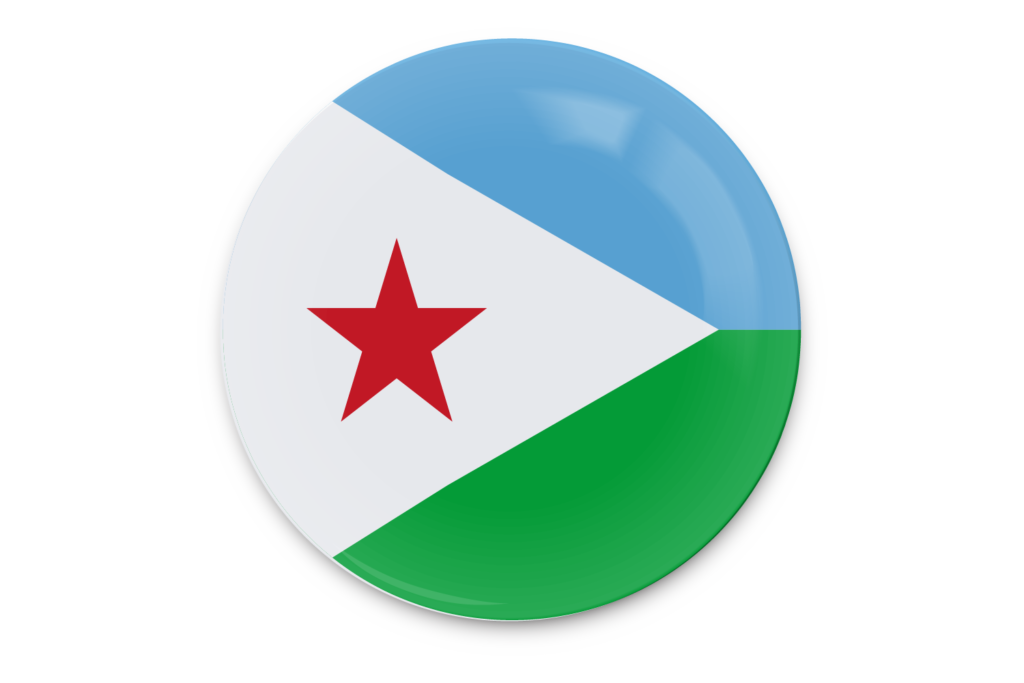Culture of Bahrain
Bahrain is a unique land with an ancient and storied culture that spans many centuries. Despite modernization and a cosmopolitan outlook, Bahrain is today essentially an Arabic culture. Relatively new pastimes like soccer share time with traditional arts like falconry, horse riding, hunting, and horse and camel racing.
In the thriving capital of Manama, traditional arts share the scene with the modern. Antiquities can be found at the Bahrain National Museum: ivory figurines, pearl jewelry, pottery, copper goods, and gold rings all share the stage. Elsewhere, there is a vibrant, though small, avant-garde art community keeping Bahrain on the cutting edge.
Bahrain is home to nearly 700,000 people. The population of Bahrain is marked by a thriving diversity and mounting growth. The significant ex-patriot community comprises nearly 35% of Bahrain’s inhabitants. Bahrain’s strong economic opportunities and attractive conditions continue to draw people from all over the world. Bahrain includes residents from Iran, India, Pakistan, the Philippines, Britain, and the United States, as well as citizens from a number of nations.
Population: 742, 600 (2006 est.)
Note: includes 283,549 non-nationals (July 2006 est.)
Age structure
- 0-14 years: 35.7%
- 15-24 years: 20.6%
- 25- 44 years: 28.2%
- 45-65 years: 11.7%
- 65 years and over: 3.7%
Population growth rate: 1.51% (2007 est.)
Birth rate: 14.6 births/1,000 population (2006 est.)
Death rate: 4.1 deaths/1,000 population (2006 est.)
Life expectancy at birth
- Total population: 75.8 years (2007 est.)
Ethnic groups:
- Bahraini 62.4%, non-Bahraini 37.6% (2001 est.)
Religions: Islam is the official religion of the Kingdom of Bahrain. However, followers of other religions enjoy freedom of worship.
- Islam (83%)
- Christianity (9.5 %)
- Hinduism (6.3%)
- Baha'i' Faith (0.22%)
- Buddhism (0.19%)
Languages: Arabic is the official language. English is widely used in business and is compulsory in schools.
The Kingdom of Bahrain holds a unique place thanks to its geographic location in the Arabian Gulf and to its deep-rooted history of powerful civilizations. Both elements have blessed with one of the most liberal cultural heritages worldwide, making it, throughout the ages, a safe home for ethnically diverse inhabitants.
Bahrain is thus distinguished by its rich history and famous civilizations that span more than 5,000 years. Its pluralistic identity and its generous contributions to the world’s civilizations have made it a shining cultural and intellectual centre and an oasis of mutual tolerance and peaceful coexistence among cultures and religions.
It also enjoys an excellent regional and international reputation with regard to its efforts that aim to establish regional and global peace thanks to the pioneering initiatives of His Majesty King Hamad bin Isa Al Khalifa. Seeking to enhance its cultural and civilized achievements and provide a legislative and institutional framework, Bahrain in 2015 established the Bahrain Authority for Culture and Antiquities (BACA), chaired by Shaikha Mai Bint Mohammed Al Khalifa, as a subsidiary authority reporting to the Cabinet.
The BACA carries out all the tasks relating to the protection and development of culture, national heritage, antiquities and museums as well as to encouraging art and theatre activities that used to be carried out by the Ministry of Culture and other official bodies. BACA also aims to promote the Kingdom’s deep-rooted history, impressive civilizations and rich cultures by organizing annual festivals and cultural, intellectual and artistic activities.
The special festival has an eventful schedule and hosts distinguished artists from Bahrain, Arab countries and across the world. Performances include music, dance, theatre, art, concerts and an array of other cultural activities that highlight both Bahrain’s rich heritage and the world’s cultures.
The Authority seeks to highlight archaeological sites, forts, historical and religious landmarks of the Kingdom as well as its human and cultural role which entitled it to be the capital of Arab Culture for 2012, Arab Tourism for 2013, Asian Tourism for 2014 and the Arab Regional Center for World Heritage of the United Nations Educational, Scientific and Cultural Organization (UNESCO) since April 2013. Muharraq, the northern city laden with cultural treasures, was selected as the capital of Islamic Culture for 2018. BACA aims to enhance the Kingdom’s prestigious position as a unique Arab model of culture openness and a shining source of intellectual, cultural and civilizational activities in the region.
The Kingdom has achieved a remarkable international cultural status and won prestigious awards at various international events that include «The Golden Lion Award» during the participation of BACA (formerly the Ministry of Culture) at the 12th International Architecture Exhibition in Venice. Bahrain was the first Arab country to receive such an award:
- Registration of “the Pearling, Testimony of an Island Economy” site: It was included on the World Heritage List of UNESCO in 2012. It is an open museum that stretches over a three-kilometre and consists of 17 buildings in Muharraq, three offshore oyster beds, part of the seashore and the Bu Mahir Fortress on the southern tip of Muharraq Island, from where boats used to set off for the oyster beds. It was the second Bahraini site to be on the international list of the UNESCO World Heritage site, following the registration of the Bahrain Fort in 2005, and now seeking the registration of Aa’li Hills.
- Establishment of the Bahrain National Theater: Opened in November 2012 under the patronage of His Majesty King Hamad bin Isa Al Khalifa, it is the third biggest theatre in the Arab World. With a capacity of 1,000 seats, its inspiration was from the fascinating tales of 1,001 Arabian Nights. The theatre covers an area of 11,869 square meters and hosts numerous musical, theatre and international performances.
- Dar Al Muharraq: It was opened in 2016 to enhance the status of traditional folk music and enrich the abstract heritage of the city of Muharraq for its location on the Pearl Trail. The establishment of Dar Al Riffa Al Oda is currently in progress as well. - Al Khamees Mosque Visitors Center: The center was opened in 2016, with the support of HRH the Crown Prince, Deputy Supreme Commander and First Deputy Prime Minister, Prince Salman bin Hamad Al Khalifa. Built during the Umayyad era in 692, it is among the oldest mosques in the Arab world.
- Al- Khalifiyah Library: It was opened in 2017 and the library is almost 60 years old enriching the Kingdom’s cultural infrastructure.
- The Kingdom of Bahrain, through its pavilion “Green Archaeology”, won the silver medal in Architecture during its participation in the Milano Expo in 2015.
Reference: https://www.mofa.gov.bh/Default.aspx?tabid=5119&language=en-US












